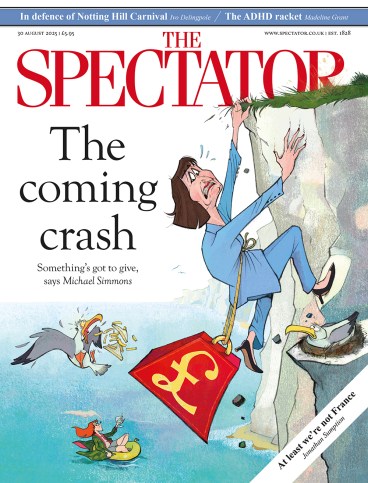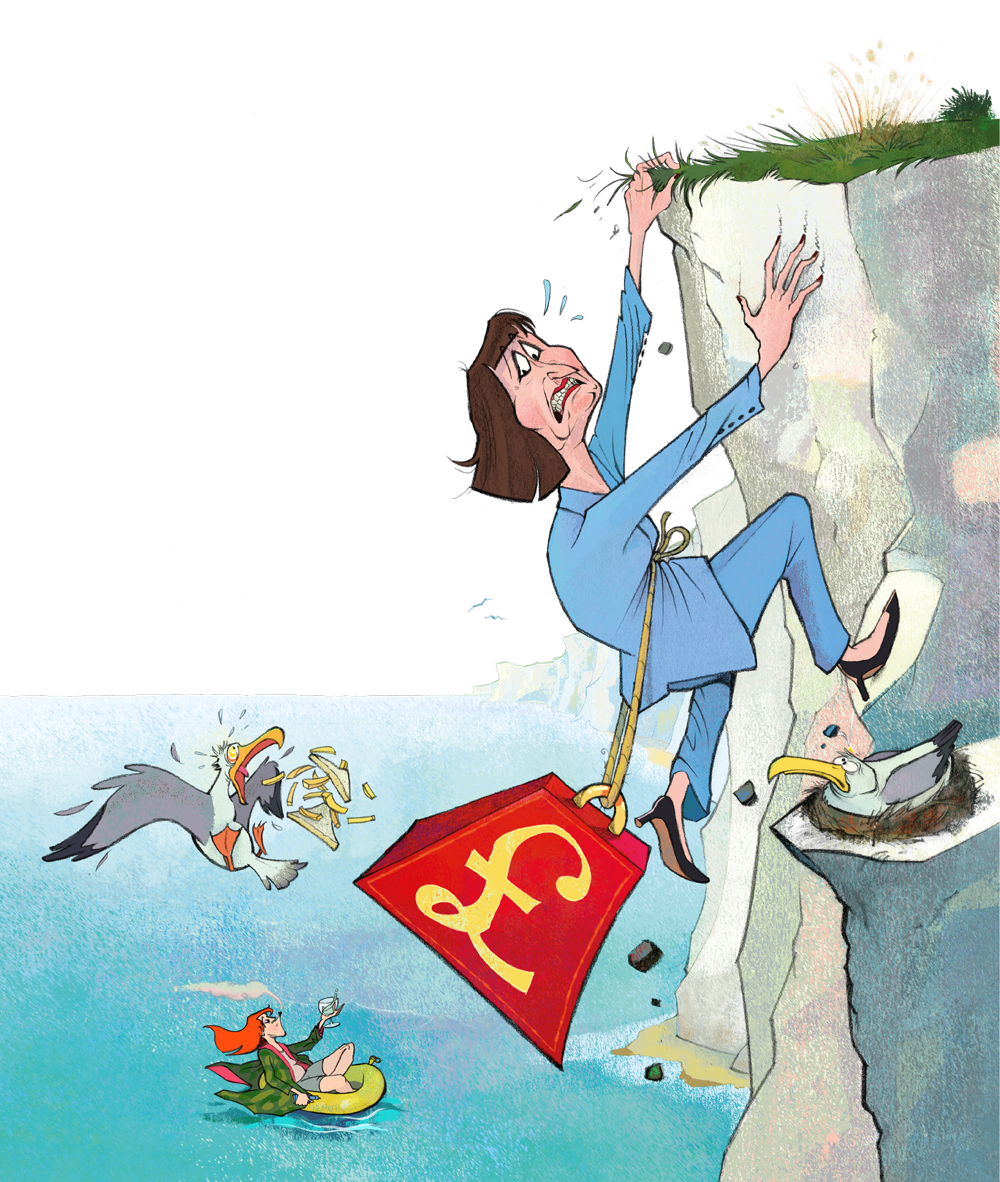
As a foster carer and an adopter, I know what neglect looks like. I’ve looked after children who didn’t know what a bed was. Children who arrived at my door with matted hair, rotten teeth and eyes that scanned every room for danger. Neglect smells of mildew and unwashed clothes. It is chaotic, desperate and tragic.
But there is also a different, quieter kind of neglect. One that doesn’t look like crisis at all, but it has a profound effect on the children at the receiving end of it.
Teachers have been sounding the alarm for years – children starting school unable to speak in full sentences or sit still for even five minutes. Some can’t feed themselves. Some aren’t even toilet trained. The number of Education, Health and Care Plans (EHCPs) issued in Britain is soaring: 638,745 children and young people now have them, a 10.8 per cent increase from last year alone. That’s one in 20 pupils. These plans are meant to support children with special educational needs or disabilities. Is it really plausible that we’re producing so many more children with profound neurological impairments? Or are there simply more who haven’t been parented?
When I ask teachers what’s behind the surge, many say the same thing: ‘Parents aren’t talking to their children any more.’ People worry a lot about screen time and the effect of phones on children. But what about the effect of phones on mothers? I say ‘mothers’, rather than ‘parents’, because in those first years, when brain development depends on eye contact, tone of voice and interaction, it’s overwhelmingly mothers who shape a child’s world. And the plain truth is that some mothers are present in body, but mentally checked-out. Scroll-hypnotised on TikTok, responding to WhatsApp messages mid-feed, taking endless videos of their toddlers dancing to trending songs – but not actually speaking to them.
Nowadays, we’re not supposed to judge. Every modern parenting space is saturated with reassuring slogans like ‘You’re doing your best’ and ‘Don’t feel guilty’. But at some point, someone has to say that some parents aren’t doing their best, that they’re too self-absorbed, too distracted or too lazy to meet their child’s most basic needs for connection.
When that happens, a child’s development falters. Not because they were born with a disability, but because nobody spoke to them, played with them, taught them anything. The tragic irony is that these same children may later be handed a diagnosis to explain the delays, outbursts and social confusion. I fear we medicalise what is sometimes just a lack of self-sacrifice and attention.
Of course, there are plenty of genuine cases of children with complex needs. My own daughter, born to an alcoholic birth mother who continued to use crack and heroin throughout pregnancy, has a diagnosis of foetal alcohol spectrum disorder and an EHCP. And of course too, there are plenty of brilliant parents doing everything they can in very tough circumstances. But I wonder how much public money is now going into speech therapy for children who might have been just fine if someone had only spoken to them. It’s easier to blame ‘the system’ than to admit what’s happening in our homes. It’s easier to call for more EHCPs, more special-needs coordinators, than to ask the unaskable: what if some children are being failed not by society, but by their own parents?
If you’d suggested to me ten years ago that Britain might face an epidemic of neglect among middle-class families with iPhones, I’d have laughed. I’ve now seen children arrive in care cleaner and better fed than some of their classmates, but miles behind in language, comprehension and emotional control. I think we have a duty to our children to shine a light on this new kind of deprivation – children who may well be fed organic food and feature in endless curated Instagram stories, but whose mothers are too preoccupied to take a moment to look into their eyes and talk to them.
I once fostered a little girl who’d been through real horror: caught in the crossfire of domestic violence, left in unchanged nappies all day, fed on takeaway scraps. When she arrived, she was mute. But within six months, just through routine, attention and old-fashioned nursery rhymes, she was speaking in sentences. Not because I had a PhD in child development, but because I talked to her. I listened. I played.
We’re a nation that prides itself on our compassion for children. We fret over SATs stress and playground bullying, commission reports on screen addiction and buy wooden toys of ethically sourced maple. But neglect doesn’t always come with bruises. Sometimes it comes in a £1,000 pram, pushed by a mother with AirPods in and an influencer playing on her screen. Sometimes it looks like love, filtered and captioned. But the child knows the truth – and so should we.








Comments